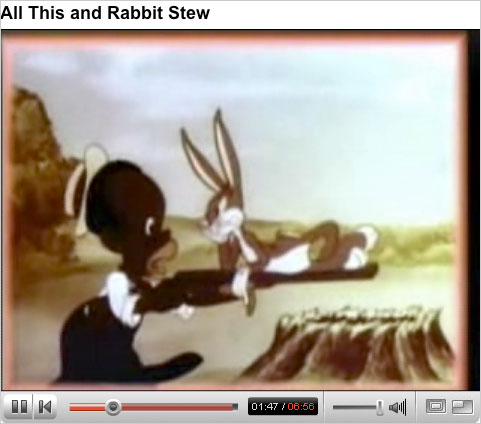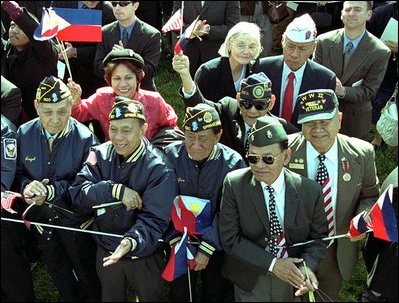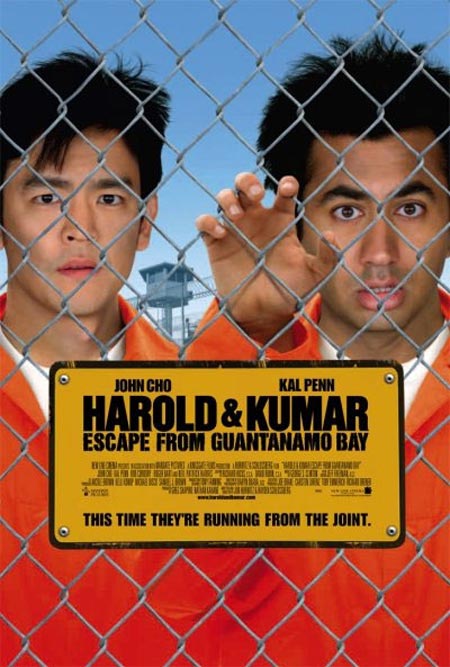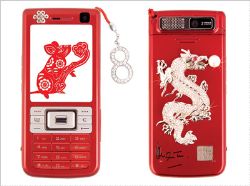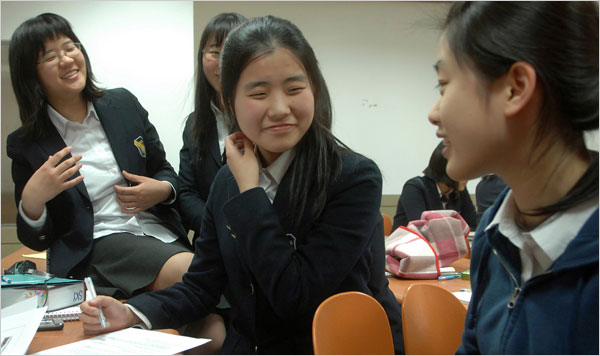
While catching up on the ABC series “Lost,” earlier this year, I remember an episode where Yunjin Kim‘s character, Sun, is being introduced to a prospective “boyfriend/husband” , Jae Lee, and her mother is being defferential that Sun only went to “Seoul National University” and not “Harvard,” where Jae Lee went. Well, apparently according to this recent New York Times article, “Elite Korean Schools, Forging Ivy League Skills,” going to an “elite” university in the United States is increasingly becoming more popular:
“South Korea is not the only country sending more students to the United States, but it seems to be a special case. Some 103,000 Korean students study at American schools of all levels, more than from any other country, according to American government statistics. In higher education, only India and China, with populations more than 20 times that of South Korea’s, send more students. “Preparing to get to the best American universities has become something of a national obsession in Korea,” said Alexander Vershbow, the American ambassador to South Korea. Korean applications to Harvard alone have tripled, to 213 this spring, up from 66 in 2003, said William R. Fitzsimmons, Harvard’s dean of admissions. Harvard has 37 Korean undergraduates, more than from any foreign country except Canada and Britain. Harvard, Yale and Princeton have a total of 103 Korean undergraduates; 34 graduated from Daewon or Minjok.”
Daewon and Minjok are the two private schools in Korea, and their students, that are profiled in the Times article. The schools themselves are very hard to get into, so those high school students are an elite group in themselves. The article continues to describe the heavy workload and intensity that these students bear as they pursue their (and their parents’) dreams of attending a top notch university in the U.S.
It’s this kind of thinking that I think only re-enforces the negative aspects of the “model minority” stereotype. I wonder though – is there anything inherent in Asian culture that emphasizes education over other cultures? I was having dinner with an older out-of-town white executive friend of mine who described to me his astonishment that the CEO of his company, and Indian immigrant, was going over his son’s classes that he might be taking next year as a freshman in high school. My friend said that when his kids were going to high school, it wasn’t until maybe his son’s junior year that he knew what an Advanced Placement (AP) course was. What do you think – do you think Asians over-emphasize education. Americans under-emphasize, or a little of both?


